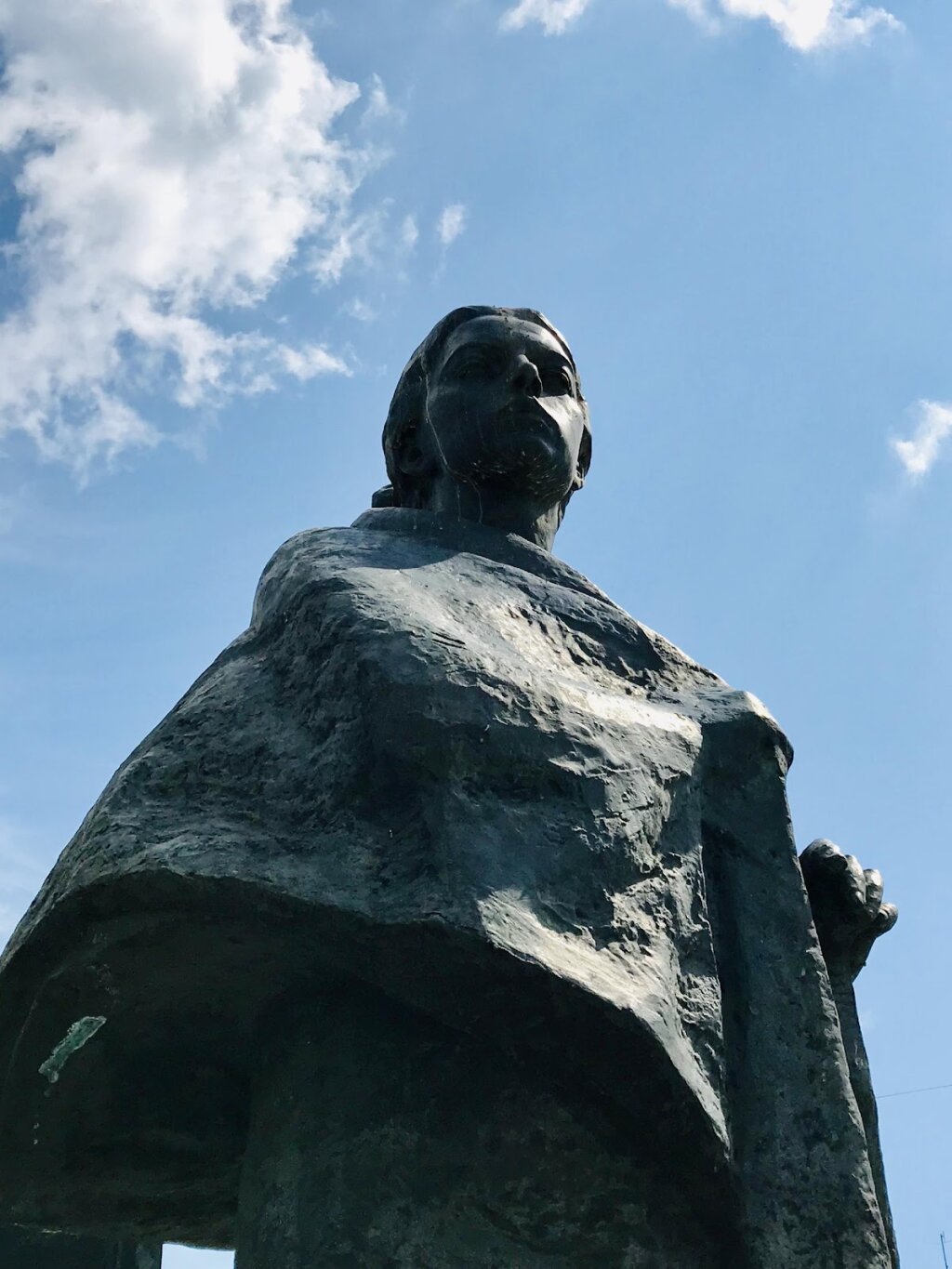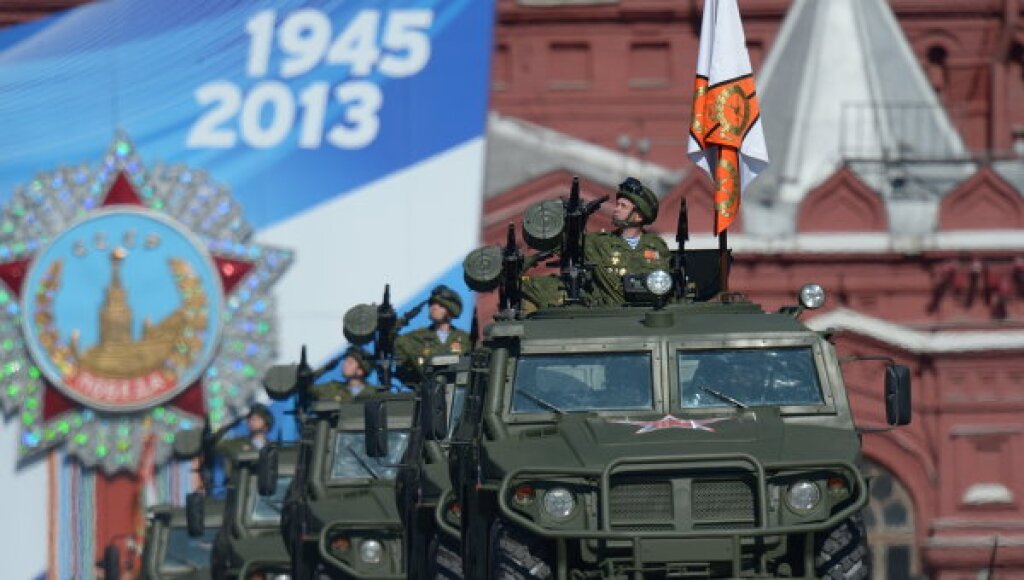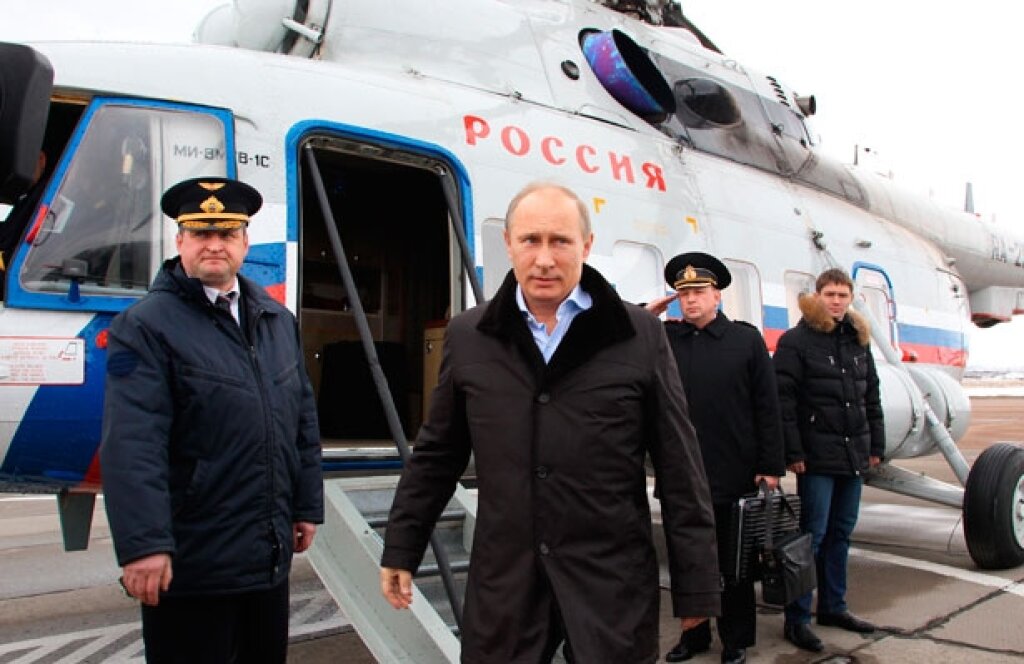Michael Iasilli is a Visiting Scholar at the Jordan Center and a Ph.D. Candidate at St. John’s University.
According to Vladimir Lenin's Imperialism: The Highest Stage of Capitalism, the Russian proletariat was engaged in a colonial struggle against an evolving imperial system—“capitalism.” The new Soviet system eventually materialized through the 1917 revolutions and the long Civil War struggle that followed. Throughout these developments, Nadezhda Krupskaya — a key leader of the Bolshevik women’s movement and Lenin's wife — may have had a greater impact on this system than previously thought.
Locating the female subject in early Soviet history has been a broader impetus for my investigation of the relationship between gender and nationalism in the formation of the Soviet state. In her Gender and Nation, Mrinalini Sinha observes that, while studies on the formation of national identity have typically elided the subject of gender, “feminist scholarship is equally guilty of neglecting the study of the nation or nationalism.” Speaking about the women of the Global South, Sinha locates women’s emancipation movements within anti-colonial nationalist struggles. Krupskaya may be the link needed to apply this perspective to Bolshevik Russia.
Scholars frequently cast the revolutionary period as a violent moment in which peasants and the working poor came under the sway of a charismatic Lenin and other radical men. Subsequently, the story went, the Russian Civil War produced a centralization of power under the Central Committee, also led mostly by men. Modern scholarship, however, has revealed the Russian Revolution to be a nuanced, complex history. Thanks to scholars like Rochelle Ruthchild, Barbara Evans Clements, Wendy Goldman, Elizabeth Wood, and Richard Stites, the Bolshevik movement's gendered underpinnings have begun to come to light.
In fact, “the woman question” becomes a crucial concern at the height of the Revolution and into the Civil War. The Bolsheviks were actually quite vulnerable after they seized power in October 1917. However, through Krupskaya’s ideas on engendering collective consciousness and central education policy, the Bolsheviks’ appeal to working-class women not only brought favor to the Bolsheviks during the Civil War, but secured statewide development in crucial ways. Specifically, Krupskaya was a key figure in creating political organizations, like Narkompros and Komsomol, that oversaw education programs, curriculum standards, and other vehicles for delivering social services.
Krupskaya's contributions were particularly felt in the implementation of polytechnic and vocational education programs, most specifically in the reconstitution of women’s education. Viewing post-revolutionary history through the lens of gender helps explain how left-wing national ambition and communal solidarity combined to bolster unification among disparate Russian regions. For instance, Krupskaya's Down with Illiteracy! initiative, also known as Likbez, emphasized the importance of mobilizing uneducated rural women from peripheral Russian regions once considered “backward” toward major urban centers. These efforts allowed the Bolsheviks to expose large numbers of people to technical and educational training. This set of policies was part of Krupskaya’s longstanding campaign to involve women in the development of a new socialist consciousness.
Despite marrying Lenin and "converting" to Marxism, Krupskaya's earlier roots in populist narodnik traditions remained an important influence on her theoretical stance. Building on the traditional narodnik value of spreading enlightenment to the masses, Krupskaya deployed her love for Tolstoy to move her activism forward. One of her other guiding principles derived from the political work of Pyotr Lavrov, whose theory of "social solidarity" characterized it as "the consciousness that personal interest coincides with social interest." Even after becoming a Bolshevik, Krupskaya continued to channel the narodnik principle of educating and awakening the masses. With state power behind her, her programs had a profound effect in terms of eradicating illiteracy. Much of her educational work consisted in establishing polytechnic and vocational programs that meant to bridge the gap between the “self” and “society," promoting proper Bolshevik praxis. Speaking in 1924 on the subject of "Communist Ethics," Krupskaya asserted that
One has to know how to merge one's life with the life of society [...] The fact of this merging, the fact that the common cause of all working people becomes a personal matter, makes personal life richer.
Krupskaya served as Deputy Minister of Education until her death in 1939, helping millions access education and creating curriculum standards that remained in force for much of the Soviet period. Her efforts helped define Soviet citizenship within a new institutional framework centering on education and national consciousness. Gendered structural reforms like womens' and vocational education stemmed from Krupskaya's vision of “how women can help." In particular, Krupskaya believed that the realization of class consciousness could transform women into emancipated soldiers capable of leading the socialist project. In a 1925 article titled "Young Pioneers," Krupskaya stresses the importance of polytechnic education for young people, who stand to bring awareness to the “gap” between their personal lives and the life of "society.”
Krupskaya's importance for the Soviet project as both activist and theorist points to the influence of women’s movements on national development in a more general sense. The challenges she faced must be understood both historically and historiographically. Today, masculine tendencies still dominate within Soviet history, both in terms of content and scholarship — though women were key drivers of transformative social change in Russia between 1917 and 1924.
To the extent that American students learn about the Soviet Union at all, they are routinely taught about the “radicalism of Lenin,” Trotsky’s “internationalism,” and Stalin’s “totalitarianism.” For most, this is what defines “Soviet” history. Little time or effort is spent examining the lives and deeds of Bolshevik or Soviet women. Though the Cold War ended 30 years ago, it has made a serious imprint on Western historiography of the Soviet Union, seriously hampering exploration of women’s progressive achievements. Lingering Orientalist attitudes toward Eastern Europe form another obstacle to investigating this vital area.
Krupskaya's relative obscurity exemplifies the difficulty in creating truly intersectional frameworks for understanding the interpenetration of national and gender categories within Soviet history. In fact, the mutual influence of the "woman" and "national" questions helped inspire early Soviet rejections of Imperial-era chauvinism in favor of socialist utopias.
It was Krupskaya who ensured that the Soviets instituted a robust education policy and created a dedicated Women's Department of the Communist Party (abolished by Stalin in 1930). As a whole, Soviet national development reflects the influence of leaders of the Bolshevik women’s movement: their role in social planning, education for youth, and solving illiteracy made a crucial impact on the budding socialist state. From 1970 until 1992, UNESCO recognized Nadezhda Krupskaya through the Soviet-sponsored Nadezhda K. Krupskaya Literacy Prize. The prize provided funding to countries, organizations, and institutions for efforts in eliminating illiteracy. Until shortly after the collapse of the project she helped create, Krupskaya’s name was an international symbol of educational achievement. Yet her legacy remains in need of serious scholarly investigation.



